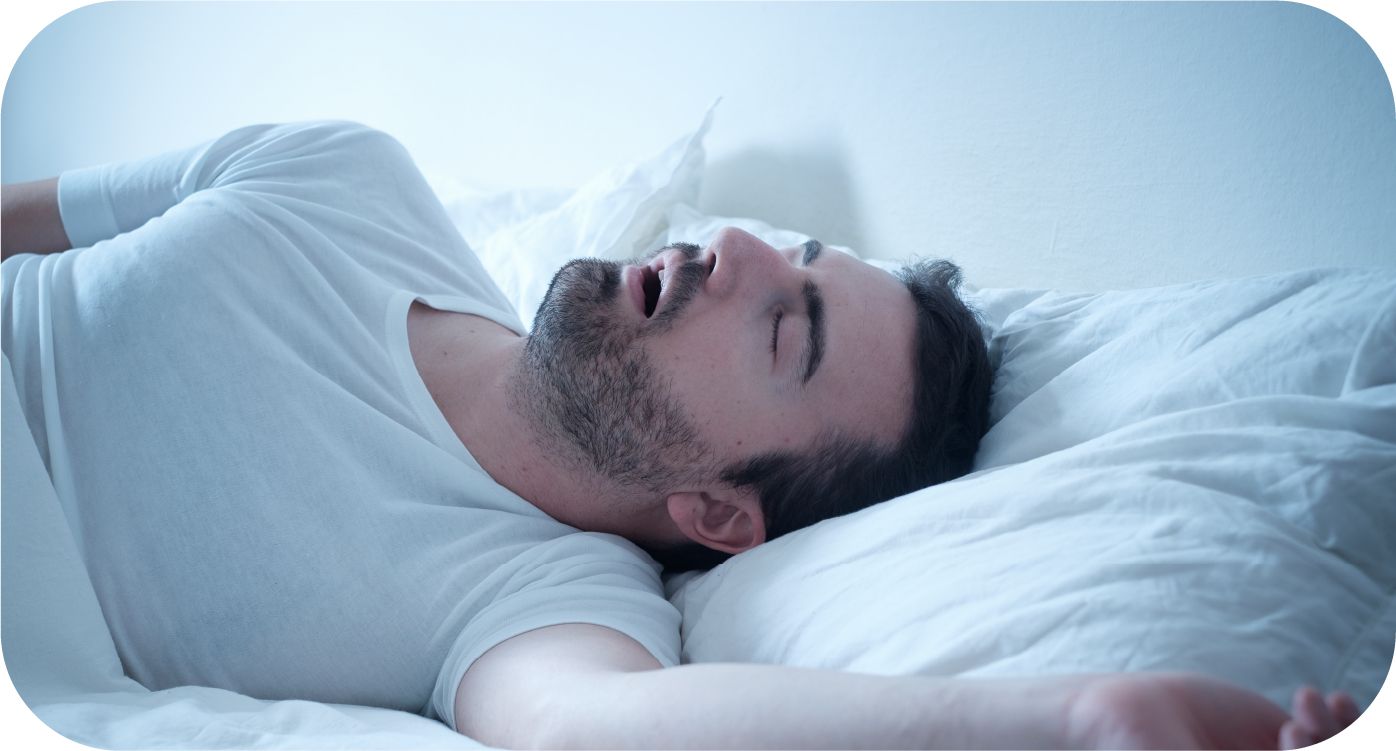
Sleep Apnea Treatment New York
Reclaim peaceful sleep! Transform your nights with Sleep Apnea treatment in New York for energized days ahead.
What is Sleep Apnea?
Sleep apnea is a common sleep disorder characterized by interruptions in breathing during sleep. These interruptions, known as apneas, can last for several seconds and occur multiple times throughout the night. Sleep apnea can lead to fragmented and poor-quality sleep, fatiguing individuals during the day. There are two primary types of sleep apnea: obstructive sleep apnea (OSA) and central sleep apnea (CSA). OSA occurs when the throat muscles relax and obstruct the airway, while CSA is caused by a lack of proper signals from the brain to the muscles that control breathing. Sleep apnea can have severe consequences for overall health if left untreated, including an increased risk of cardiovascular issues, diabetes, and daytime fatigue.
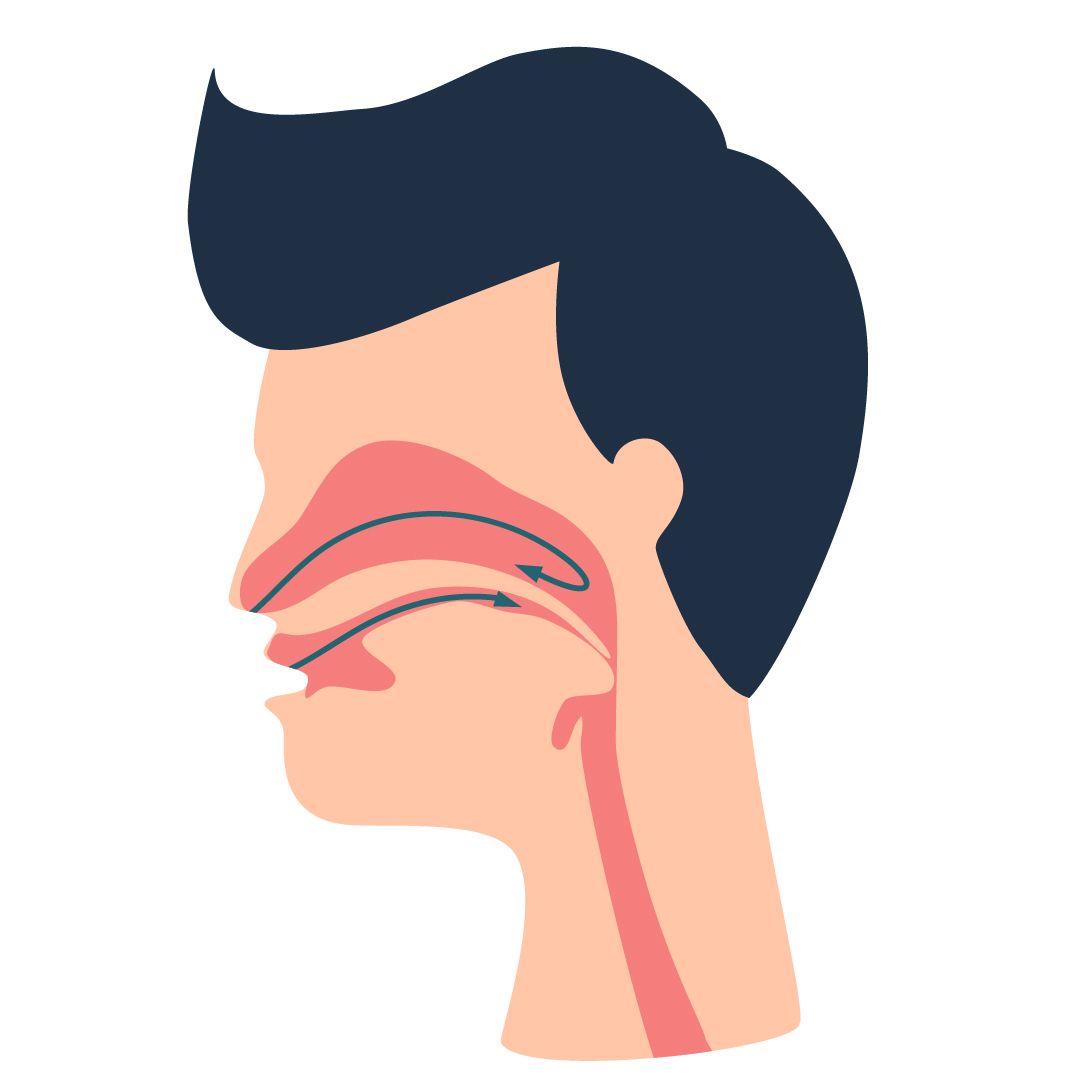

Why Choose Sleep Apnea Treatment?
Sleep apnea treatment is essential for restoring proper sleep patterns and improving overall health and well-being. Our sleep apnea specialists are experienced in diagnosing and treating sleep apnea using various effective approaches, such as continuous positive airway pressure (CPAP) therapy, oral appliances, and lifestyle modifications. Addressing sleep apnea can reduce the risk of potential health complications and enjoy a more energized and fulfilling life.
Sleep Apnea Treatment Procedure
The sleep apnea treatment procedure begins with a comprehensive sleep study, also known as a polysomnography, to diagnose the severity and type of sleep apnea. Once a diagnosis is confirmed, our sleep apnea specialist will recommend the most suitable treatment plan for your needs. Continuous positive airway pressure (CPAP) therapy involves wearing a mask that delivers a constant flow of air to keep the airway open during sleep. Alternatively, oral appliances may be recommended to reposition the jaw and tongue, preventing airway obstruction. Our team will guide you through the process and ensure your treatment is tailored for maximum comfort and effectiveness.
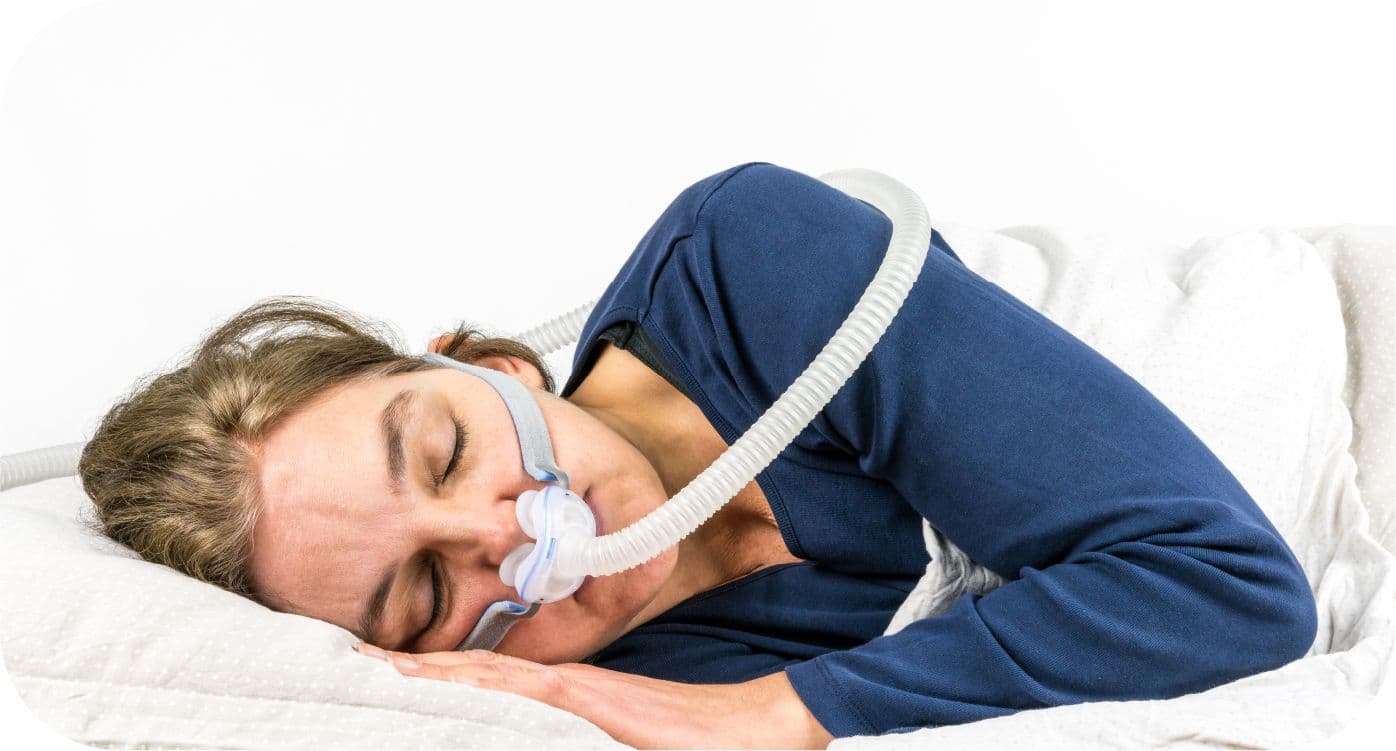
Am I a candidate?
You may be a candidate for sleep apnea treatment if you experience loud snoring, frequent awakenings during sleep, daytime fatigue, or morning headaches. A comprehensive sleep study will confirm the diagnosis and help our specialists determine your condition's most appropriate treatment option. We welcome anyone seeking restorative sleep and improved quality of life to schedule a consultation with our sleep apnea experts.
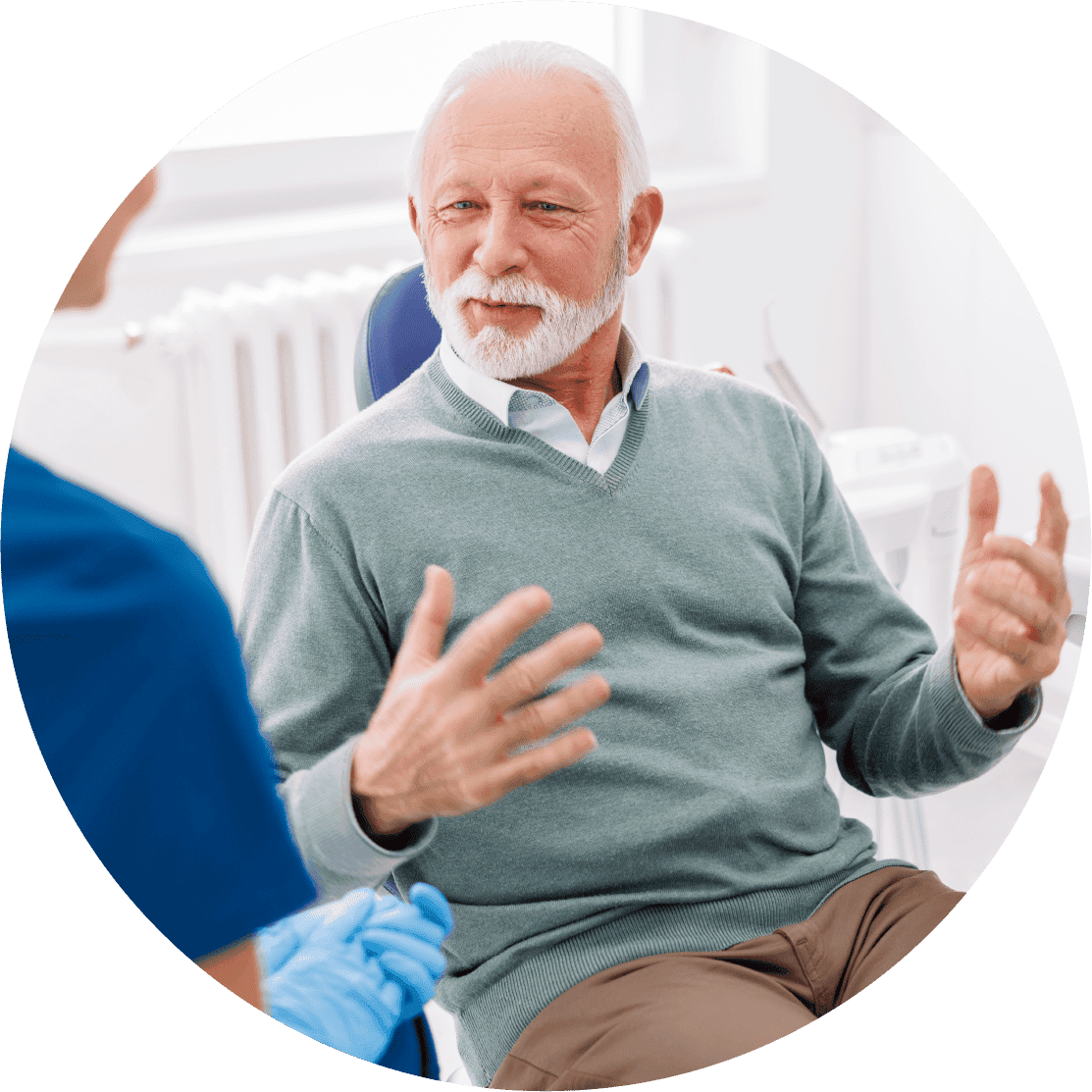
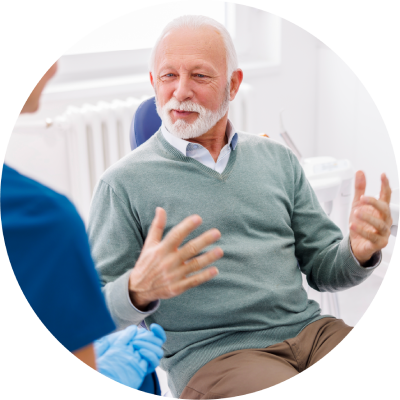
Post Treatment Care
Proper post-treatment care is essential after initiating sleep apnea treatment to ensure its effectiveness and maximize your comfort. Regular follow-up appointments will be scheduled to monitor your progress and address any concerns or adjustments needed. Adhering to the recommended treatment plan, whether it involves CPAP therapy or oral appliances, is vital for achieving the best possible outcomes. With our ongoing support and guidance, you can enjoy the benefits of improved sleep and overall health for years to come.
Our Doctors
At Raio Dental, our team of experienced and highly skilled doctors is dedicated to providing exceptional dental care.






 GO TO INSIGHTS
GO TO INSIGHTS






















